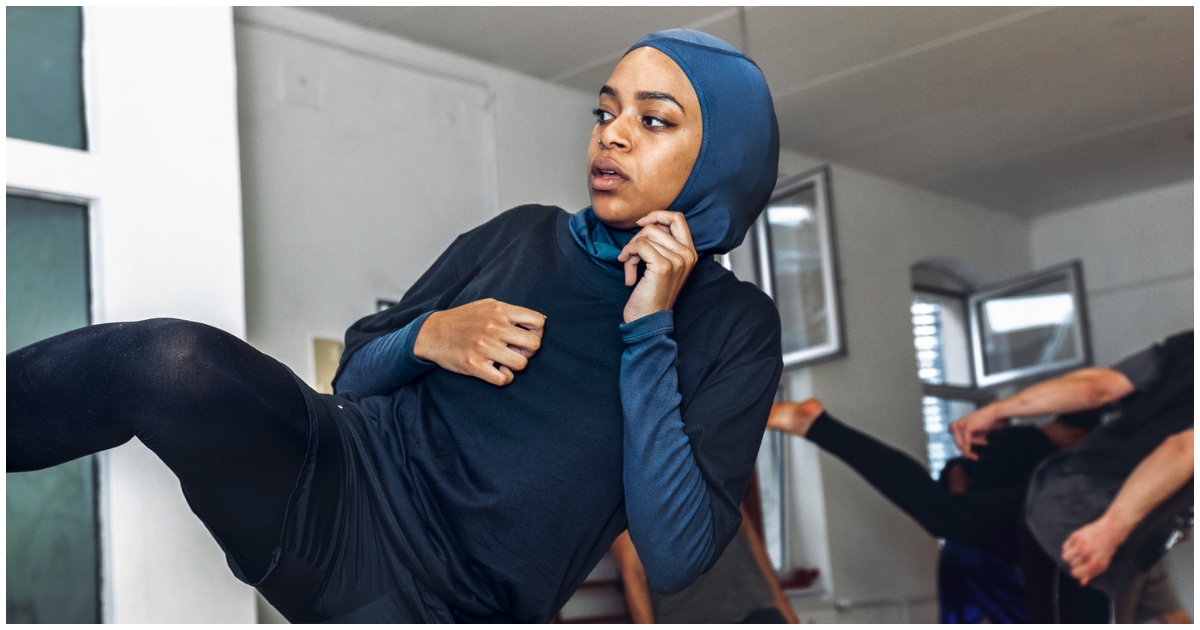Breaking Barriers in Collegiate Athletics
Delaware State University is set to make history by launching the first Division I women’s wrestling program at a Historically Black College and University (HBCU). The groundbreaking initiative comes with a substantial $1.25 million donation, marking a significant milestone for women’s sports and Black collegiate athletics.
Athletic Director Alecia Shields-Gadson expressed her excitement about the program. “This allows young women to not only seriously think about wrestling at the next level, but doing so at an HBCU,” she stated. The program will begin competition in the 2025-26 season, perfectly aligned with the NCAA’s potential championship status.
The Rising Tide of Women’s Wrestling
Women’s wrestling has seen remarkable growth in recent years. Participation at the high school level has tripled, reaching 64,257 female athletes. Currently, there are around 150 women’s college wrestling programs nationwide, with Delaware State becoming the fifth NCAA Division I program.
Historical Context and Renewal
HBCUs have a complex history with wrestling. Nineteen HBCUs previously dropped wrestling programs, including Delaware State, which ended its men’s wrestling program in 2009. The current revival is supported by HBCU Wrestling (HBCUW), an initiative dedicated to restoring wrestling at Black colleges.
Jahi Jones, executive director of HBCUW, emphasized the timing. “To be able to get this women’s program started as our second program, I think it’s right on time,” he noted. The NCAA is considering making women’s wrestling an official championship sport, potentially occurring in 2026.
Championing Diversity in Sports
This initiative represents more than just a new athletic program. It’s a powerful statement about representation, opportunity, and breaking traditional barriers in collegiate sports. Delaware State is paving the way for future generations of female athletes.





